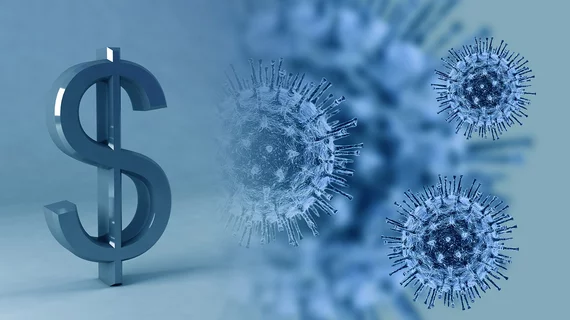Radiologic technologists among 200 healthcare workers prepared to strike over COVID contract concerns
Radiologic technologists are among the more than 200 healthcare workers employed by Allina Health who are preparing to strike next week over what they say are unfair labor practices, according to a Monday report.
Kia Pille, a radiologic technologist at St. Francis Regional Medical Center in Shakopee, Minnesota, told Fox 9 that the two-day Unfair Labor Practice will run from Oct. 5-7 at St. Francis and Abbott Northwestern Hospital in Minneapolis. The strike was scheduled for early September but was postponed after Allina threatened legal action.
Members of the SEIU Healthcare Minnesota union include a wide variety of techs who say they remain divided with Allina management on crucial issues. Central among them is contract language providing safety protections and pay benefits related to potential COVID-19 exposure.
Management will sit down with union members for a bargaining session on Wednesday prior to the strikes.
“We're ready to go out on strike and we're more determined than ever to stand up for what is right,” Pille told the news outlet. “Both for our families and our patients, we are unified to finally see the changes we've been seeking for years.”
Read the entire story from Eden Prairie, Minnesota-based Fox 9 below.

